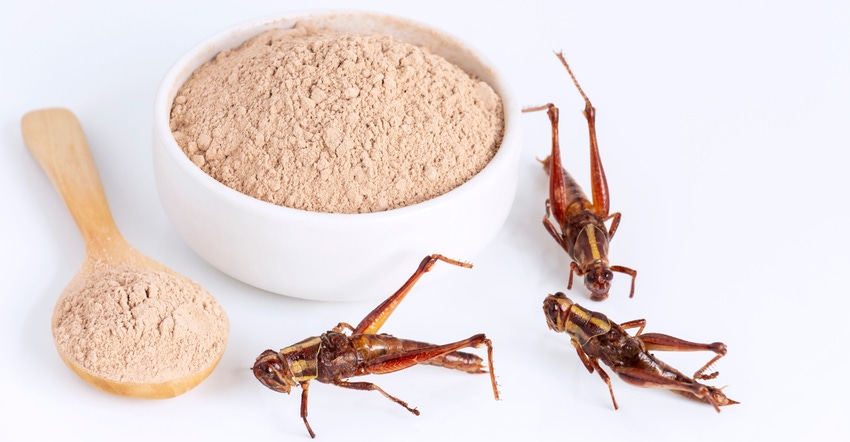Insect protein and cultured meat from animal cells are two avenues for brands to create meat-like alternatives to traditional offerings.

The main limitations for plant-based products are availability and often the higher price point, compensating for the still-small scale of operation and extensive marketing investments. Beyond this, the new meat-free brands will soon be questioned on the actual health impact of their products. Under the NOVA classification system, meat substitutes are categorized under ultra-processed food and drink products based on the amount of ingredients and many processes involved in production (Public Health Nutr. 2018 Jan;21(1):5-17. DOI: 10.1017/S1368980017000234). While plant-based is a hot topic, consumers are also growing fond of clean labeling, reading into ingredient lists and looking for simple, less-processed food and beverage choices. This also came to the attention of some meat producers who introduced products containing 100% meat, highlighting the fact that only one ingredient is used in their advertising campaigns.
Insect protein is one of the a few potential growth avenues for the future. Western European consumers are slowly warming up to the idea of insect-based products as alternative sources of protein. One of the interesting developments in this space came from Germany in 2018 with an insect-based burger made from buffalo worms and soy. More insect-based snacks and protein bars are appearing in Western Europe and North America. Insect-sourced protein products are niche; nevertheless, they tick all the boxes for high-protein content, low saturated fat and sustainability. However, can those products really be called meat-free or meat alternatives? Well, that’s another question.
Another potential alternative is cultured meat from animal cells, which is no longer a futuristic idea. However, science has a ways to go to make lab-grown meat economically viable and available for mass consumption. While technological progress is rapid, and breakthroughs in lab-grown meat technology appear regularly, it remains far from a mass-scale solution. In addition, how lab-grown meat should be categorized and regulated is still in question. The U.S., being ahead of the game, announced in 2019 a formal agreement between the USDA and FDA for regulating cell-based meat and poultry. Although the regulatory framework is preliminary, it is a step forward to ensure consumers that products produced in laboratories are safe and can be trusted. Labeling of these products will remain a big issue with strong opposition from the meat industry to call cell-based products “clean-meat,” “slaughter-free meat” or meat at all.
To read this article in full, and for more on alternatives to animal-based meats, check out the "Plant-based revolution" digital magazine.
Anna Czajka is an analyst for the food and nutrition industry at Euromonitor International, a strategic researcher for consumer markets. In her role, Czajka is responsible for the company’s research, content and analysis across food and nutrition. She has an interest in health and nutrition and provides insights and analysis on consumer trends, latest product developments and company activities influencing food landscape. Prior to Euromonitor International, Czajka worked for Minerva Research Labs as a senior research scientist. She further holds a doctorate degree in diabetes from King’s College London.
About the Author(s)
You May Also Like






.png?width=800&auto=webp&quality=80&disable=upscale)